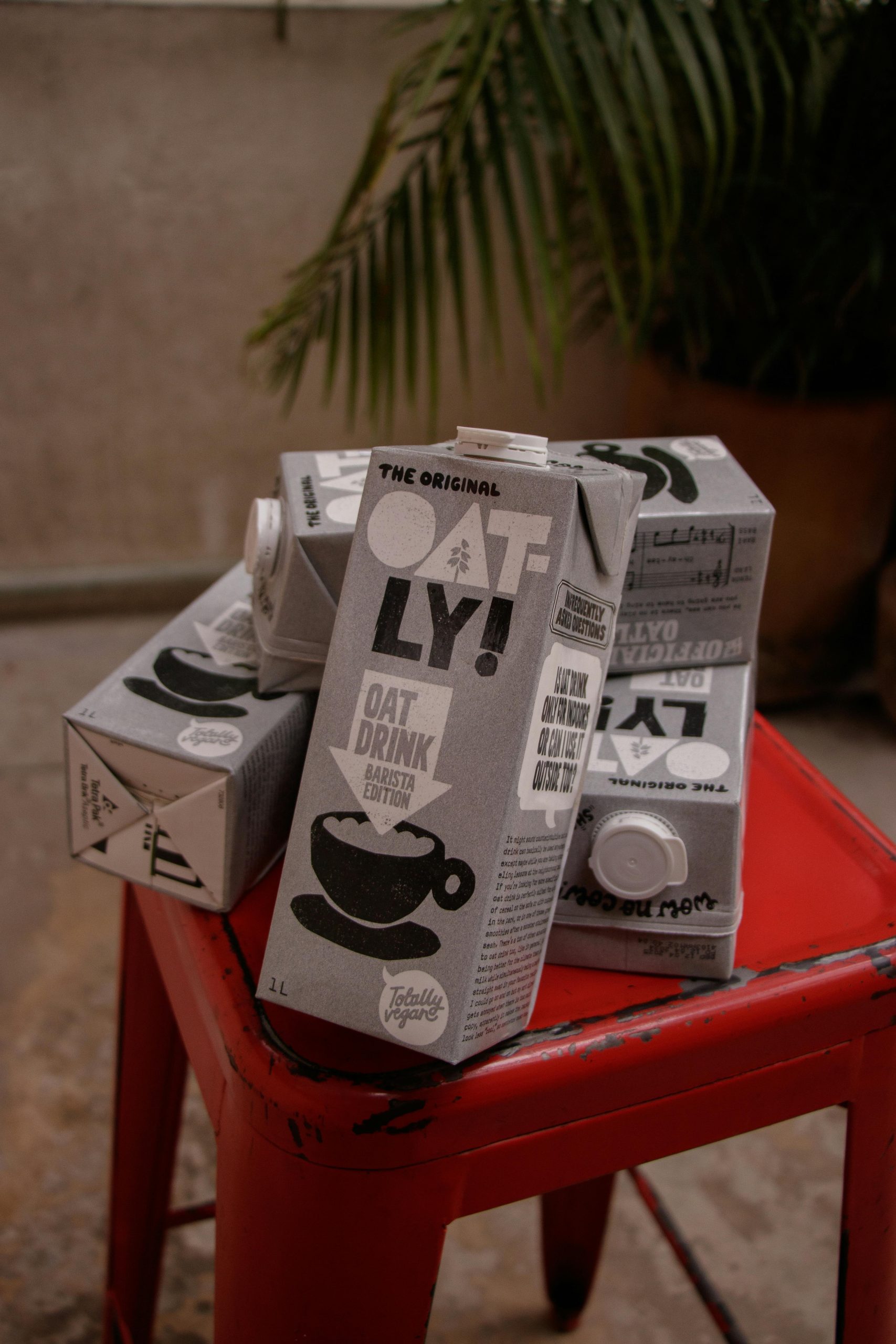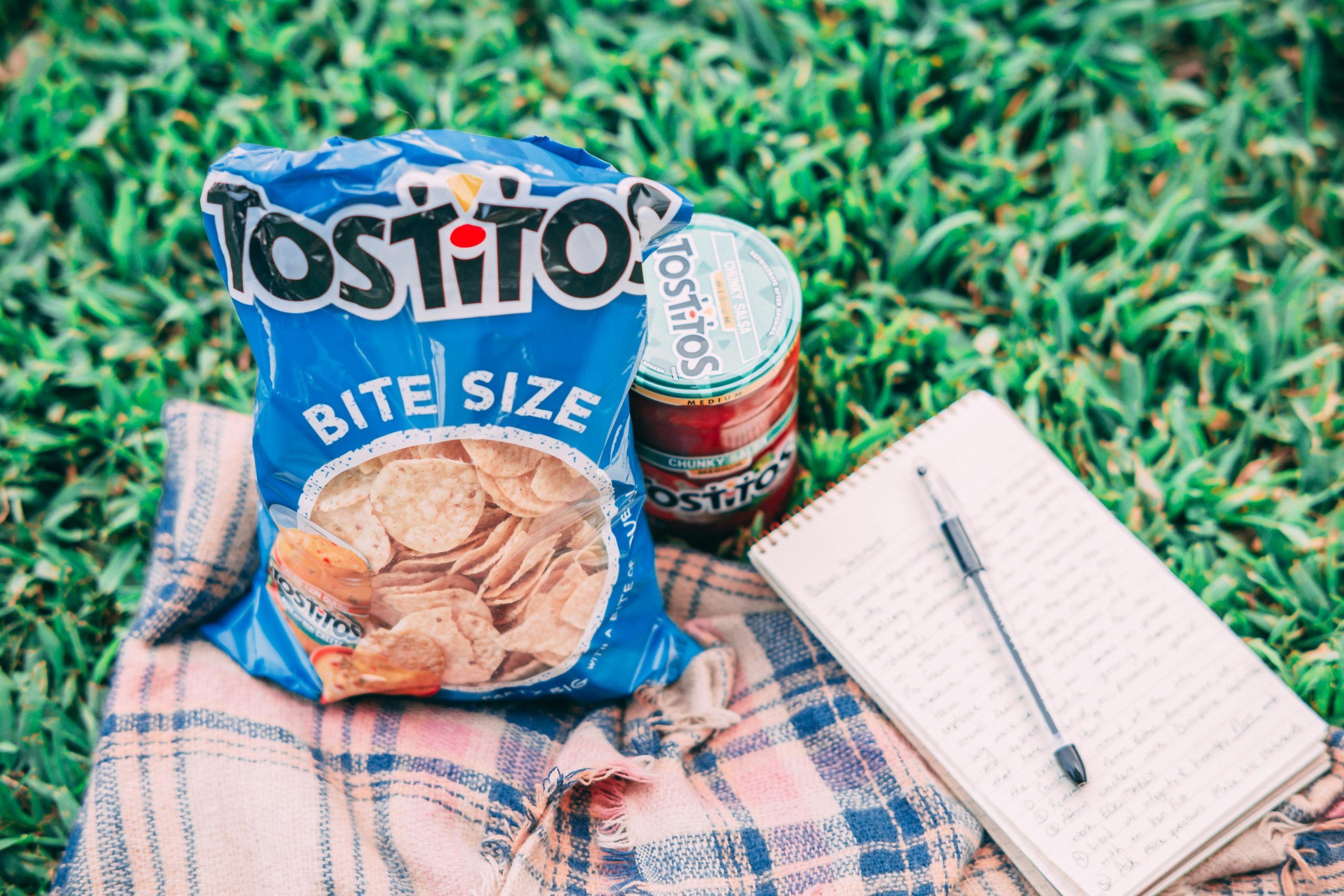Many shoppers view store brands (or private labels) as cheaper, perhaps lower-quality, alternatives to their favorite national brands. However, one of the biggest secrets of the grocery industry is the practice of “co-packing.” This is where a major national manufacturer uses its production facilities and ingredients to produce food for a supermarket’s store brand. The products can be nearly identical, differing only in packaging and price. While specific co-packing relationships are often proprietary secrets, industry insiders and careful observers have noted this is common across many food categories. Here are nine types of store-brand foods that often come from the same factories as well-known name brands.

Image Source: pexels.com
1. Dairy Products (Milk, Yogurt, Cottage Cheese)
The dairy industry is highly regionalized and requires significant infrastructure. There are only so many large-scale dairies and processing plants in any given region. It’s common for a major dairy producer (like Dean Foods or Lactalis) to process and bottle milk, cottage cheese, or yogurt for multiple brands, including their own and various supermarket private labels. The base product is often identical, sourced from the same pool of dairy farmers.
2. Canned Goods (Vegetables and Fruits)
The canning industry is dominated by a few large players with massive, efficient facilities. Companies like Del Monte or Green Giant can run production lines for their brands and then switch over packaging to run a store brand’s line using very similar (or identical) grades of vegetables or fruits. This is especially true for commodity items like canned corn, peas, green beans, or peaches.
3. Frozen Vegetables
Similar to canning, the frozen vegetable industry relies on large-scale processing facilities that handle sourcing, blanching, and flash-freezing. It’s common for a major producer to pack bags of frozen peas, corn, or mixed vegetables for their well-known brand alongside identical products destined for a supermarket’s private label packaging. The key difference is often the marketing budget, not the vegetable itself.
4. Breads and Baked Goods
Many supermarkets can’t bake all their private label bread from scratch. Instead, they often contract with large commercial bakeries in the region – the same bakeries that produce bread for well-known national or regional brands. These bakeries can easily produce loaves with slightly different recipes or simply place standard loaves into different packaging for their clients.
5. Salty Snacks (Potato Chips, Pretzels)

Image Source: pexels.com
While having many brands, the snack food industry also uses co-packing extensively. A large snack manufacturer with a big factory can efficiently produce massive quantities of potato chips or pretzels. It’s often more cost-effective for them to run their lines for other clients (like store brands) than to let the machinery sit idle. The recipe might be slightly tweaked, but the production technology is the same.
6. Condiments (Ketchup, Mustard, Mayonnaise)
Condiments like ketchup and mayonnaise are recipe-driven, but the production and bottling process is highly standardized. A major manufacturer can easily produce a large batch of a product and bottle it under several different labels, including their own premium brand and a store’s private label. The store-brand version might use a slightly different recipe, but it’s often produced with the same quality control in the same facility.
7. Peanut Butter
Like condiments, peanut butter production is a specialized process. A major producer in the peanut-growing region might manufacture peanut butter for their national brand as well as for various supermarket chains. The difference between the name brand and the store brand might simply be the specific blend of peanuts or the amount of sugar and stabilizers used, but the factory is the same.
8. Pasta
Dried pasta is another category where a few large manufacturers dominate production. These factories can produce vast quantities of different pasta shapes. It is very common for them to run the same pasta shapes for their own brand and then switch the packaging for a store brand contract. For basic pasta shapes like spaghetti or penne, the difference in quality is often negligible.
9. Bottled Water
Except for true “spring water” from a protected source, most bottled water is simply purified municipal water. Large bottling companies with extensive purification and bottling facilities often provide this service for numerous brands. The bottle of store-brand purified water you buy was likely processed and bottled in the same facility as a more expensive national brand. You’re primarily paying for the label and marketing.
Don’t Judge a Store Brand by Its Label
The practice of co-packing means that the store-brand version of a product is often a hidden bargain, offering nearly identical quality to its name-brand counterpart at a lower price. While not every private label product is made by a top national brand, this is a very common practice for staple food items. The best way for consumers to take advantage of this is to be open-minded. Try the store brand of your favorite foods. You might be pleasantly surprised to find you can’t tell the difference in taste or quality, only in the price.
What store-brand products have you found that you believe are identical to name-brand versions? What are your favorite private label items that offer great value? Share your finds below!
Read More
The Hidden Reason Store-Brand Cereal Goes Stale Faster Than Name Brands
10 Generic Products That Beat Name Brands in Blind Taste Tests

